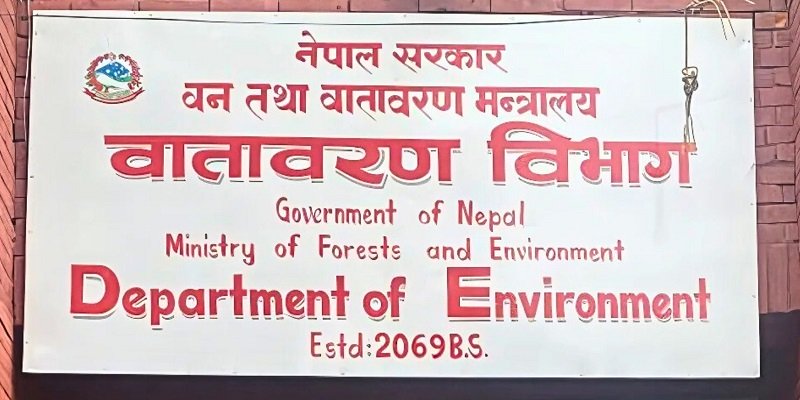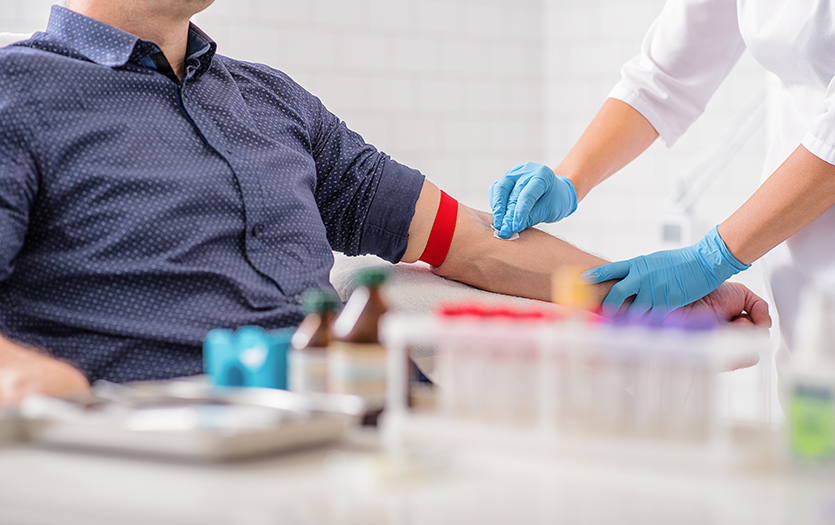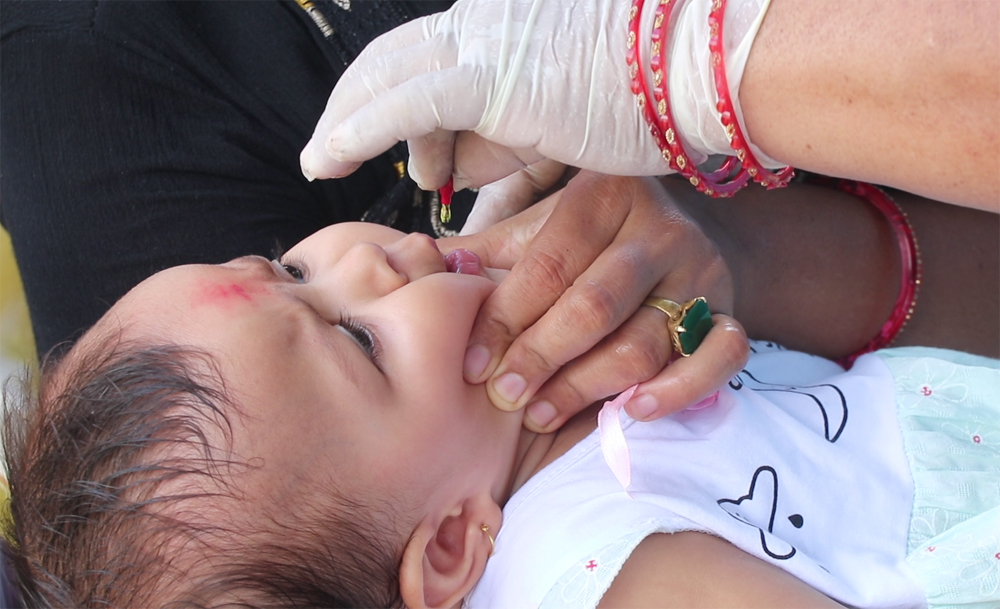How Do People Get Scammed During Lab Tests?
This question is very relevant and important — especially in today's time when many private institutions are providing health services. If consumers are not aware, there is a real possibility of being scammed during lab tests. Detailed information is provided below.
Common Ways of Getting Scammed During Lab Tests:
Unnecessary Test Recommendations
- Recommending expensive and complicated tests even for minor symptoms without a doctor's advice.
Double Billing in the Name of Testing
- Charging separately under different names for the same test.
False or Misleading Reports
- Producing incorrect reports to push for additional tests or to sell medicines.
Fake or Substandard Labs
- Using non-certified labs, which can provide inaccurate results.
Collusion Between Doctors and Labs
- Some doctors may refer patients only to labs from which they receive commissions, leading to excessively high charges.
Key Points Consumers Should Keep in Mind:
Verify Lab Certification
- Check if the lab is certified by the National Public Health Laboratory (NPHL), Nepal Health Research Council (NHRC), or ISO certified.
Check Lab Registration
- Confirm whether the lab is registered with the Ministry of Health.
Only Get Tests Based on Doctor’s Prescription
- Do not take any tests without proper medical advice.
Transparent Pricing
- Ask for clear information about costs before starting any tests. Avoid labs that do not provide official bills.
Check the Quality of the Report
- Ensure that the report is clear and includes the medical reference ranges.
Understand Consumer Rights
- If you receive a wrong report or are overcharged, you have the right to file a complaint under the Consumer Rights Protection Act.
Why Labs Need to Be Sensitive:
Direct Impact on Human Health
- Wrong reports can lead to wrong medications, causing serious health problems.
Trust Factor
- In healthcare, truth and trust are extremely sensitive. Once trust is lost, it is very difficult to regain.
Dependence on Accurate Diagnosis
- Treatment is based on lab reports. If the report is wrong, disease identification and subsequent treatment will also be wrong.
Moral Responsibility
Lab technicians and health institutions have a very high ethical responsibility.
Useful Tips:
-
Always ask for a bill with the lab’s name when doing a test.
-
Check what machine or method (technique) was used for the test.
-
If you have doubts about the report, getting a second opinion is advisable.
-
Select a lab after checking online reviews.
-
If You Suspect You Have Been Scammed, You Can File Complaints At:
-
Consumer Rights Protection Forum
-
Ministry of Health and Population
-
Health Insurance Board (if you have insurance)
-
Spread awareness through media and social media.
-







